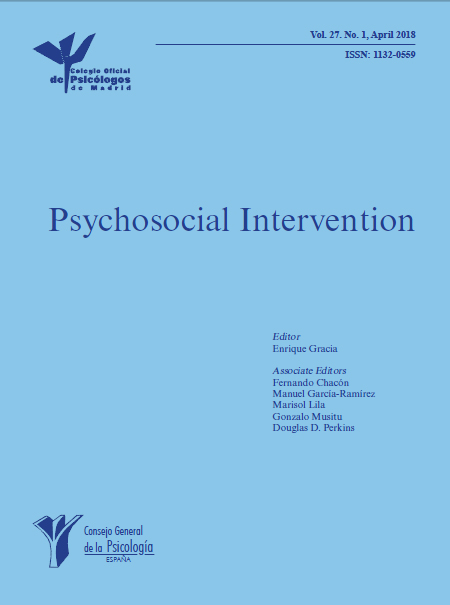
In search of psychosocial variables linked to the recidivism in young offenders
[In search of psychosocial variables linked to the recidivism in young offenders]
Lourdes Contreras; Virginia Molina; and María del Carmen Cano
Abstract
Most of the literature on juvenile delinquency is aimed to the identification of the protective and risk factors of the antisocial and criminal behaviors. In this line, a study was carried out to assess whether the family setting, personal variables of the youngster and variables linked to the judicial measure execution mediate in recidivism. For this reason, all the closed judicial files of the young offenders from the Service of Juvenile Justice in Jaén (Spain) have been analysed. The results showed that such family setting variables as broken homes, large families, low incomes, deprived neighborhoods, criminal records, drug abuse, children protection records and crime legitimacy are linked to recidivism. As for personal variables of the youngster, the findings illustrate that re-offenders are characterized by external attribution, deficits in social skills, deficits in self-control, violent behaviors and low tolerance to frustration. In relation to the judicial measure execution variables, data support that the non re-offenders are defined in contrast to re-offenders, by a high compliance with rules and timetables and with the established objectives, as well as a high family involvement during the judicial measure execution. The implications of the results for prevention of recidivism are discussed.
Resumen
Copyright © 2026. Colegio Oficial de la Psicología de Madrid















